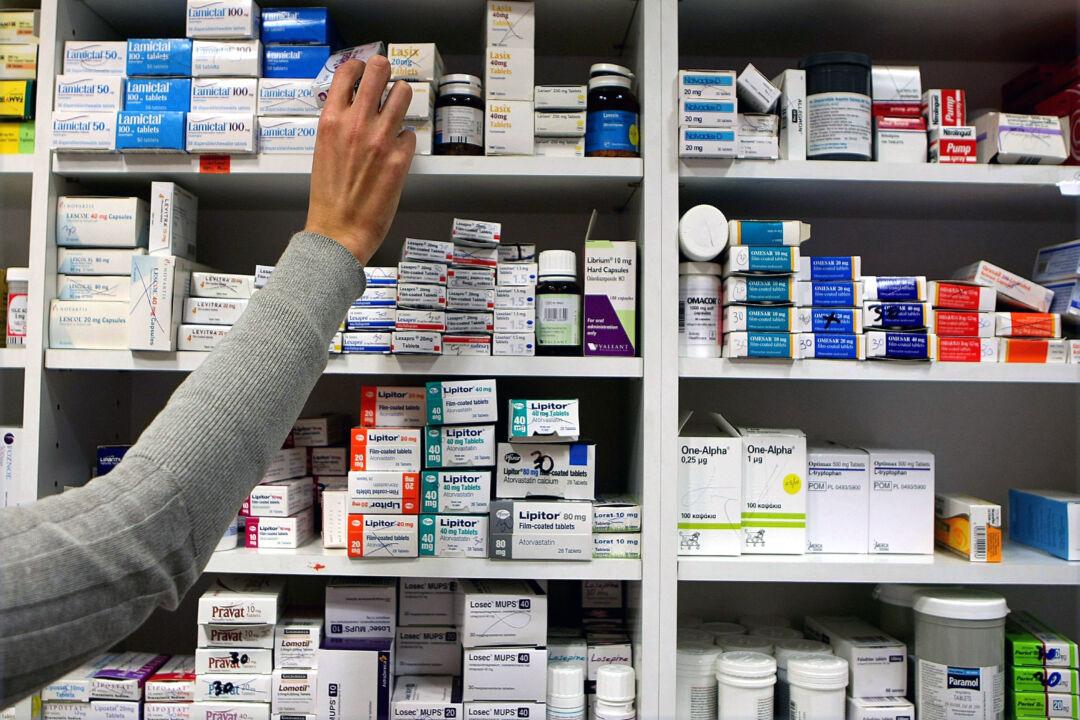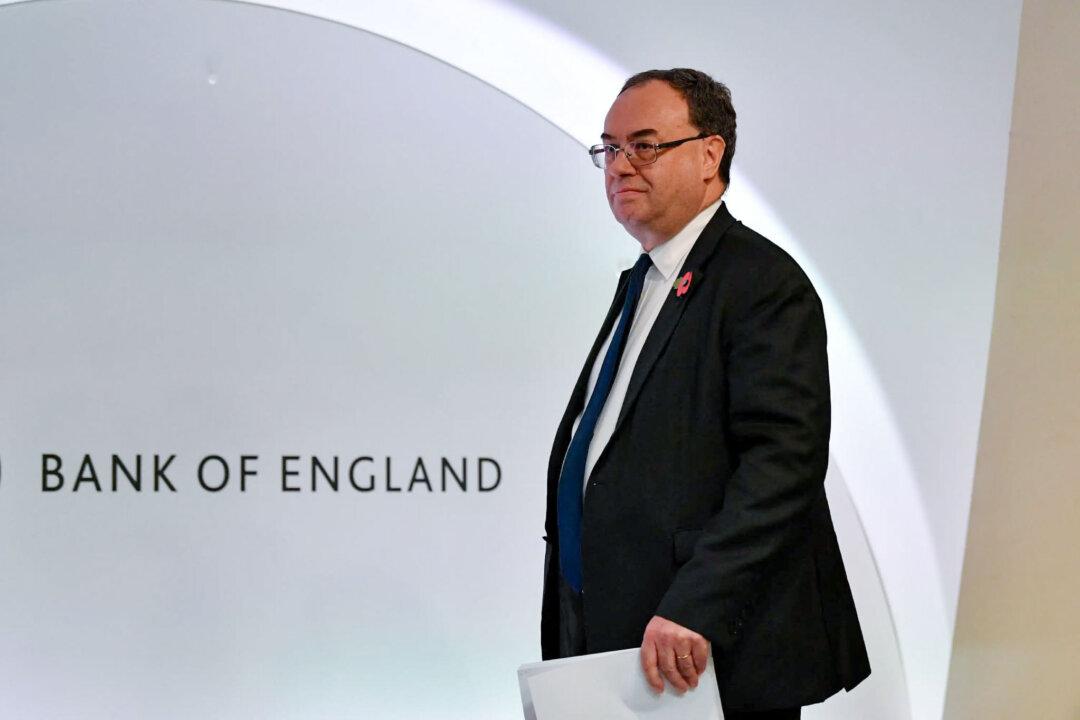Thousands of pharmacies in England have been feeling the pressure of the worsening medicine supply on a daily basis, a committee representing the industry has reported.
This year, supply issues have affected patients with diabetes, ADHD and epilepsy, while shortage of adrenalines and antibiotics was recorded in 2023.
According to Community Pharmacy England (CPE), 79 percent of pharmacy team members said that patient health was at risk due to supply issues, with patients unable to get their medication on a weekly and daily basis.
The disruption has had an impact on pharmacy businesses, in some cases leading to closures.
“We have had patients being annoyed and angry, and occasions of people spitting at us. Even if this only happens once it leaves the team on edge all day: it’s like walking on eggshells. And because we have a constant queue of people in the pharmacy, there is never chance to take a moment out for yourself—you can feel very overwhelmed. I regularly have staff members in tears by the end of the day because of the sheer pressure of it all.”
The survey findings should be ringing alarm bells for the authorities, said CPE Chief Executive Janet Morrison.
While pharmacies are doing everything they can to find solutions, Ms. Morrison said, they are “powerless” when it comes to resolving national and global supply issues.
“They are being forced to operate with one hand tied behind their back,” she added.
Polling by Healthwatch England, conducted at the end of 2023, has found that one in four members of the public had experienced shortages in the preceding 12 months.
Brexit Effect
Another survey last month, by the Nuffield Trust thinktank, reported constantly elevated medicines shortages in the past two years.These shortages reflect issues in the global medicine market and have led to an increase in prices. This meant that costs grew by £220 million more in one year than the same products would have at their previous costs.
While other European countries experience similar issues, Britain has been affected by the lowering value of sterling and being removed from EU supply chains after Brexit.
“In future it will pose the additional risk of being left out of EU measures to respond by shifting medicine between member states, buying products jointly, and trying to bring manufacturing back to Europe,” researchers said.
The Nuffield report also noted that in some cases, Britain takes longer to issue medicine authorisations, compared to the EU.
“There are around 14,000 licensed medicines and the overwhelming majority are in good supply. Most supply issues have been managed with minimal disruption to patients. We are committed to helping build long term supply chain resilience for medical products, working with industry and colleagues across the Government and the health system,” Mr. Stephenson said.
The CPE has called for a full review of the medicines supply market, while exploring benefit sharing and relief mechanisms.
“Around 30 percent of pharmacies’ NHS funding is delivered through margin they are allowed to make on medicines purchases: this incentivises effective purchasing saving millions of pounds for the NHS. But in the UK’s low-price environment, the supply chain is now struggling to operate effectively,” the CPE report found.







